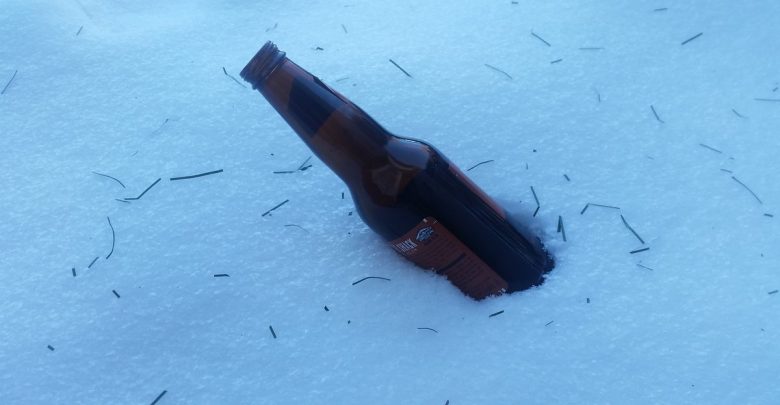 Richard Bagan
Richard BaganAn international study co-authored by a professor at the University of Alberta tested the assumption that people who live in cold climates consume more alcohol.
The study gathered data from 193 countries and showed strong correlations between colder and darker locations and increased drinking, as well as higher rates of alcohol-related disease. The results were published in October 2018 in the journal Hepatology, which prints peer-reviewed articles about liver diseases.
The Gateway spoke with Dr. Juan Gonzalez-Abraldes, a professor of medicine at the U of A and co-author of the study, to discuss his participation in the global study.
The Gateway: What prompted you to do this study?
Gonzalez-Abraldes: Well this study is in response to a question that has been out there. And people are drinking much more in very cold places, and people drink much more than in warm places. We tried to give a scientific answer, and we found there was an association between lower temperature and higher alcohol consumption.
Where there any minor findings or additional details in the study that surprised you? Was there any data that stood out?
Indeed, there was an association between colder temperature and higher alcohol intake, and a higher risk of associated liver disease. Probably one of the only surprising things we found was in the United States, in which we have very grand [amounts of] data in terms of the level of countings and the level of alcohol purchases in each of the counties. The association was evident, even in a country like the United States, which has a wide variety of temperature changes.
Do you have any speculations on how this knowledge could be useful
We cannot change the temperature, obviously, and the cold cannot be reversed. But the determinants of alcohol consumption relations are factorial, and
Policies to decrease alcohol intake have to be tailored because indirectly there are certain problems related to higher alcohol consumption… I will say the results of the study can raise public awareness, but I don’t think we can link it to policies because,
So we didn’t have data across the year. So to state whether [winter time is a factor,] we would measure alcohol consumption in December. What is technically a cold climate can lead to isolation, less social interactions, because obviously in cold climates people tend to live more indoors and go outside less, so that kind of isolation might have an impact on alcohol intake.
So considering that in your article, it’s suggested this data poses more questions than it does answers, what are some potential follow up studies that maybe you or your colleagues would pursue?
We are pursuing outstanding possible determinants of alcohol intake. As I said, the seasonal changes in alcohol intake is certainly a follow-up study we want to do. We are also studying the determinants of alcohol intake such as eating quality and we have data that eating quality levels in the country are closely associated with alcohol intake. The higher the eating quality index, the higher the alcohol intake.




